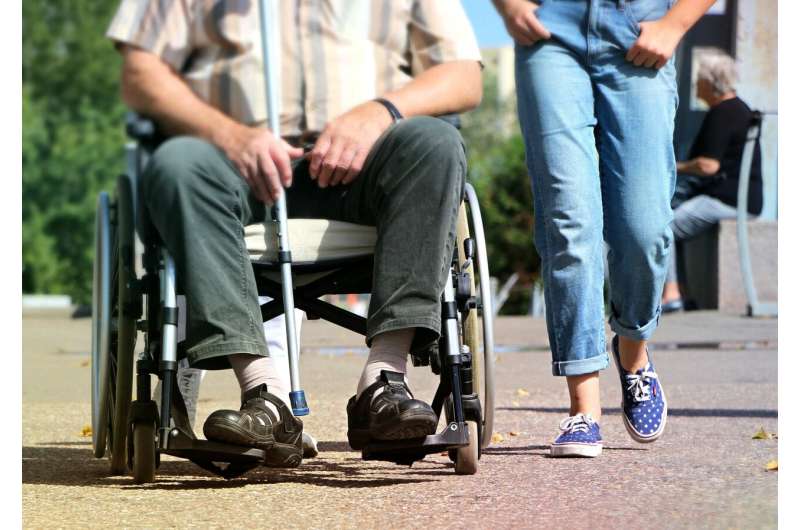This article has been reviewed according to Science X's editorial process and policies. Editors have highlighted the following attributes while ensuring the content's credibility:
fact-checked
trusted source
proofread
Can artificial intelligence predict the risk of dying in the years following a hip fracture?

A new study published in the Journal of Orthopaedic Research indicates that an artificial intelligence–based model trained on basic blood and lab test data as well as basic demographic data can predict a patient's risk of death within one, five and 10 years of experiencing a hip fracture.
In the analysis of 3,751 hip fracture patient records from two in‐hospital database systems at the Beth Israel Deaconess Medical Center in Boston, the one‐year mortality rate for all patients was 21% and for those aged 80 years and older was 29%.
After assessing 10 different machine learning classification models, investigators found that the LightGBM model had the most accurate one‐year mortality prediction performance. Age, blood sugar levels, certain red blood cell characteristics, white blood cell levels, urea nitrogen levels, platelet count, calcium levels, and blood clotting time were factors with the highest predictive power. Most of these were also in the top 10 features of the LightGBM five and 10‐year mortality prediction models.
"Our models show that certain biomarkers can be particularly useful in characterizing the risk of poor outcomes following hip fractures," said corresponding author George Asrian, of the University of Pennsylvania.
More information: George Asrian et al, Machine Learning-Based Mortality Prediction in Hip Fracture Patients Using Biomarkers, Journal of Orthopaedic Research (2023). DOI: 10.1002/jor.25675



















